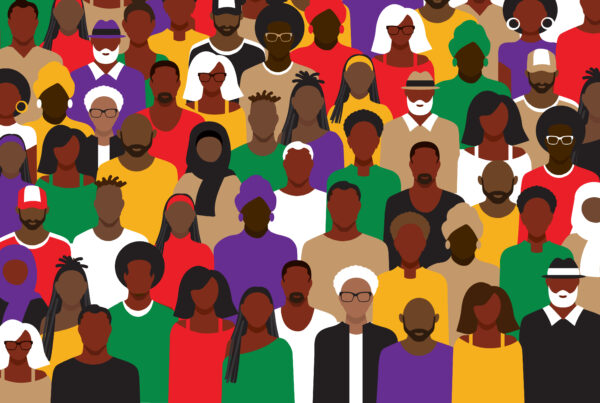It’s incredibly sad. According to the National Alliance on Mental Illness (NAMI), one in four adults – approximately 61.5 million Americans – experiences mental illness in a given year. Unfortunately, between 50-75% of those people never receive mental health services. With the passing of the Affordable Care Act (ACA), millions more will be eligible to receive mental health services; however, questions remain about funding and staffing availability.
Just this week in California, 2,600 Kaiser Permanente clinicians announced an upcoming Kaiser Permanente mental health clinician strike. The clinicians plan to strike to “protest Kaiser’s chronic failure to provide its members with timely, quality mental health care.” Under question are Kaiser’s alleged failures to appropriately fund and staff their psychiatry department, leading to understaffed clinics and hospitals, unacceptable appointment wait times, and adverse outcomes related to not having access to care. They have been fined $4 million for “failure to provide mental health treatment in a timely manner.” The demand is simply too high and the resources too scarce.
As large and profitable as the Kaiser organization is ($3 billion in profits in 2014), it is not immune to the burden of increased mental health demand. Decreased money being allocated toward mental health, a shortage of trained mental health providers in certain areas, and a very large demand for services pose significant challenges, not only in California, but all across America. We can expect to see more tension in the healthcare sphere, and especially in the mental health space, as more people are given access to covered services through programs like the ACA.
The hope is that difficult situations like this one in California will get us thinking more broadly about innovative solutions in our search for affordable and effective options to meet the pressing needs. Creative solutions like Internet delivered Cognitive Behavioral Therapy, for example have been proven through years of research but remain underutilized. Any solution that addresses the major barriers to treatment to like stigma, cost, and accessibility should be considered.
See also: PsychCentral: Dr. Russell Morfitt Discusses Online Counseling for Anxiety
2,600 clinicians will be striking in order to raise awareness about the situation in California. Let’s hope the strike creates a dialogue about other treatment options as well.




